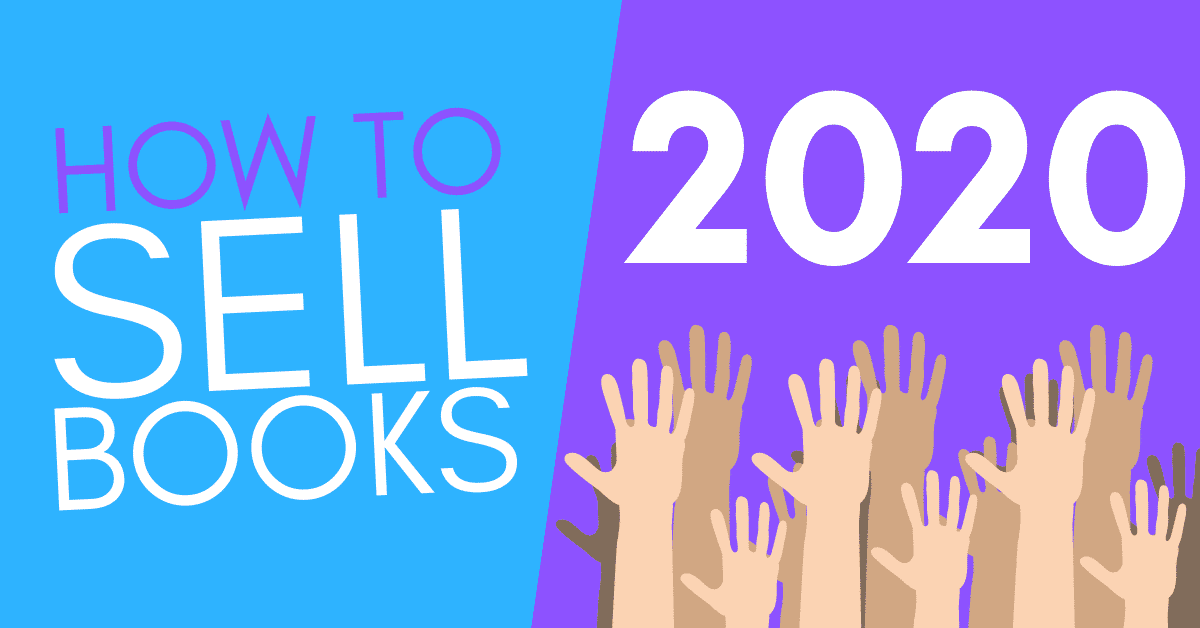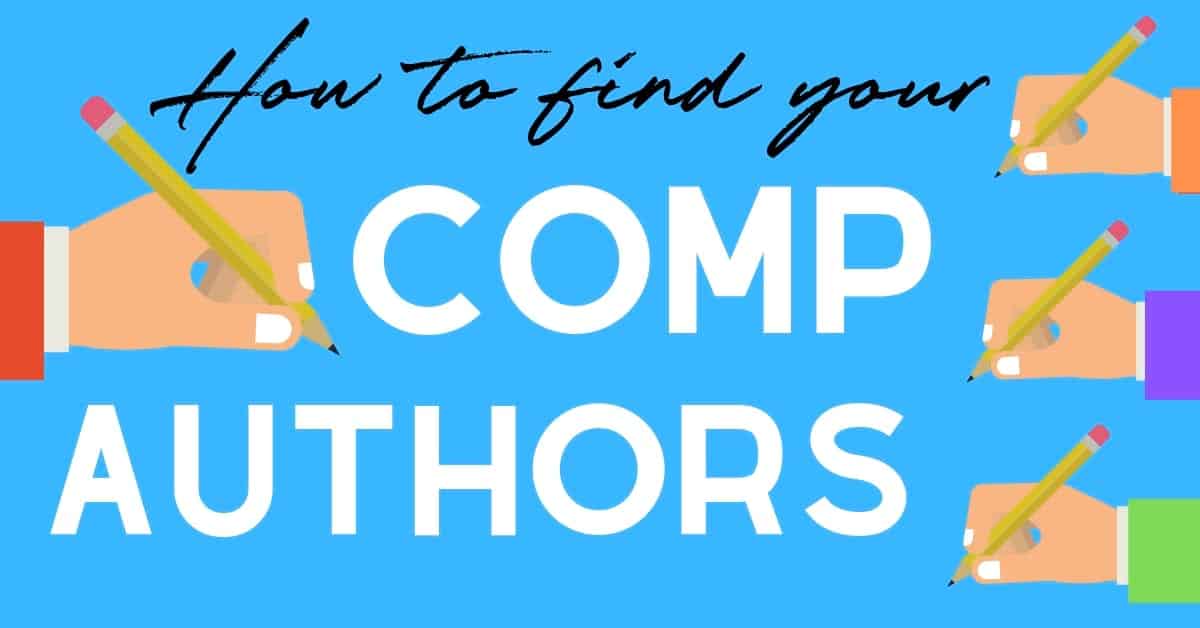
How To Market A Book | 2020 Edition
Figuring out how to sell books in 2020 means facing a pair of imposing challenges : the multiplying complexity of book marketing and — speaking of things rising exponentially — the global pandemic, which has led to lockdowns, recessions, as well as no small amount of tragedy.
And I want to focus on that second challenge for a moment — before we dive into all the ways that you can get your books into readers’ hands — because there is something rather different about this year.
Writers are generally quite fortunate in that they can work from home and sell books online and, for the moment at least, the digital side of the publishing business looks less exposed than the physical end.
Indeed, retailers and distributors are reporting a boost in ebook sales, and freebies in particular seem especially popular. Anecdotal reports concur, and also seem to confirm that there has been a surge in new entrants to the ebook market — which makes sense when people are stuck at home or less inclined to go browsing in meatspace, for painfully obvious reasons. Read More…

How To Find Your Comp Authors
Knowing your comp authors is increasingly important these days, but writers tend to tie themselves into knots with the concept. Today, I’ll explain a very simple way to cut through all the noise and determine your true comp authors, but also detail why that line-up should change considerably depending on the context.
Comp Authors Explained
Let’s start with the basics before scaling up the complexity and getting deep into ads: “comp author” is publishing shorthand for “comparable author.” You might also hear people these days in indieworld using it in phrases like “know your comps,” or “target your comp authors.” Or you might come across the phrase “comp title” more frequently in traditional publishing.
Originally, the phrase was used by publishing professionals as shorthand to describe a given author’s voice in marketing communications and sales pitches. An agent might shop your book to a publisher describing your sizzling romantic suspense as “EL James meets Lisa Jackson,” and the acquiring editor will know right away that she’s in for a dark, twisty story where the sex isn’t just open door – the windows are probably open too. Read More…
^
